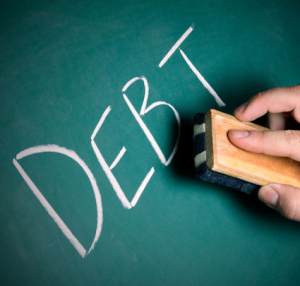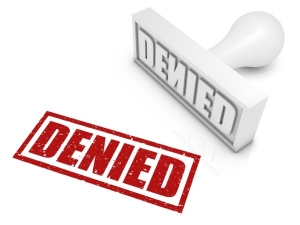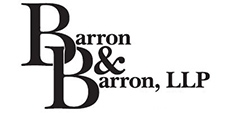CHAPTER 7: A Liquidation Bankruptcy
Chapter 7 is designed for debtors in financial difficulty who do not have the ability to pay their existing debts.
The purpose of filing a Chapter 7 is to obtain a discharge of your existing debts. A discharge means you no longer have a legal obligation to pay the debt. The debt in essence is “wiped-out.” The creditor cannot contact you or sue you after you receive your discharge.
Discharges ALLOWED in a Chapter 7 Bankruptcy:

Debts NOT ALLOWED in a Chapter 7 Bankruptcy:

Debts are Determined by Bankruptcy Court
Bankruptcy court can determine that a debt is not discharged if a creditor can prove that a debt arose from fraud, breach of fiduciary duty, or theft, or from a willful and malicious injury. The attorney will review your list of debts to determine the eligibility of discharge.
Property Allowed to Keep in a Chapter 7 Bankruptcy

The majority of cases we see are known as a non-asset case which means that you will not lose any of your property. The attorney will review your case and list of property to determine the exemption laws.



